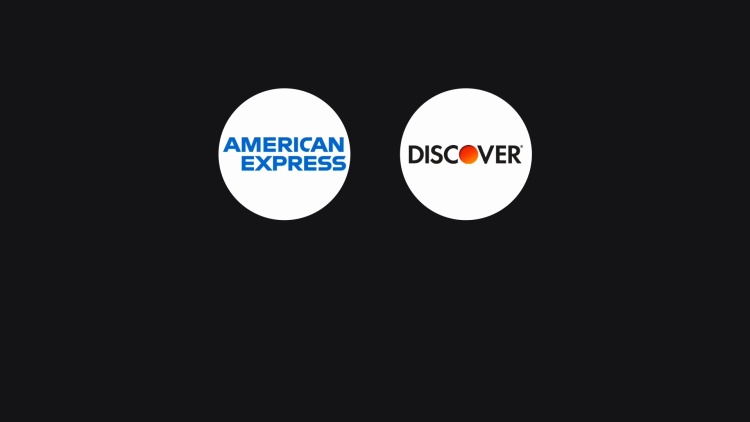United States v. Visa U.S.A., Inc.
United States Court of Appeals for the Second Circuit
344 F.3d 229 (2003)
- Written by Tom Syverson, JD
Facts
Visa and Mastercard (defendants) were payment card systems. They were organized as joint ventures and owned by a consortium of member banks. The member banks issued Visa and Mastercard payment cards to cardholders and utilized the Visa and Mastercard networks to process transactions for merchants. By contrast, American Express (Amex) and Discover were individual businesses that combined card issuance and transaction processing functions. In 1995, Amex attempted to expand its business by allowing other banks to issue Amex cards and utilize Amex’s network services. However, both Visa and Mastercard had enacted rules prohibiting their member banks from issuing cards using any payment system other than Visa or Mastercard (the exclusionary rules). No American bank was willing to forfeit its membership in Visa or Mastercard to issue Amex cards. The United States Department of Justice (DOJ) (plaintiff) brought a civil enforcement action against Visa and Mastercard. The suit alleged the exclusionary rules violated § 1 of the Sherman Act, 15 U.S.C. § 1. At trial, the DOJ presented evidence that some Visa and Mastercard member banks wanted to issue Amex cards, but could not because of the exclusionary rules. The DOJ also presented evidence that allowing other banks to issue Amex cards in foreign markets enhanced competition. The DOJ argued eliminating the exclusionary rules would have a similar pro-competitive effect in the domestic market. The trial court agreed with the DOJ, finding the exclusionary rules harmed competition. The trial court entered an order voiding the exclusionary rules and permanently enjoining the enactment of similar rules in the future. Visa and Mastercard appealed.
Rule of Law
Issue
Holding and Reasoning (Leval, J.)
What to do next…
Here's why 907,000 law students have relied on our case briefs:
- Written by law professors and practitioners, not other law students. 47,100 briefs, keyed to 996 casebooks. Top-notch customer support.
- The right amount of information, includes the facts, issues, rule of law, holding and reasoning, and any concurrences and dissents.
- Access in your classes, works on your mobile and tablet. Massive library of related video lessons and high quality multiple-choice questions.
- Easy to use, uniform format for every case brief. Written in plain English, not in legalese. Our briefs summarize and simplify; they don’t just repeat the court’s language.





